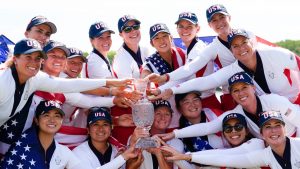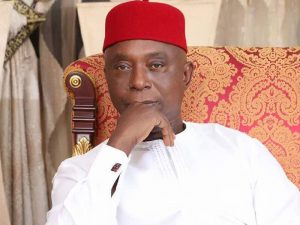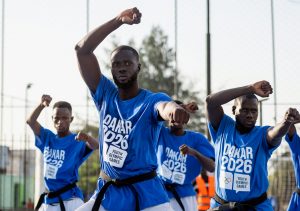Labor union wants inspections at Tokyo Olympic venues
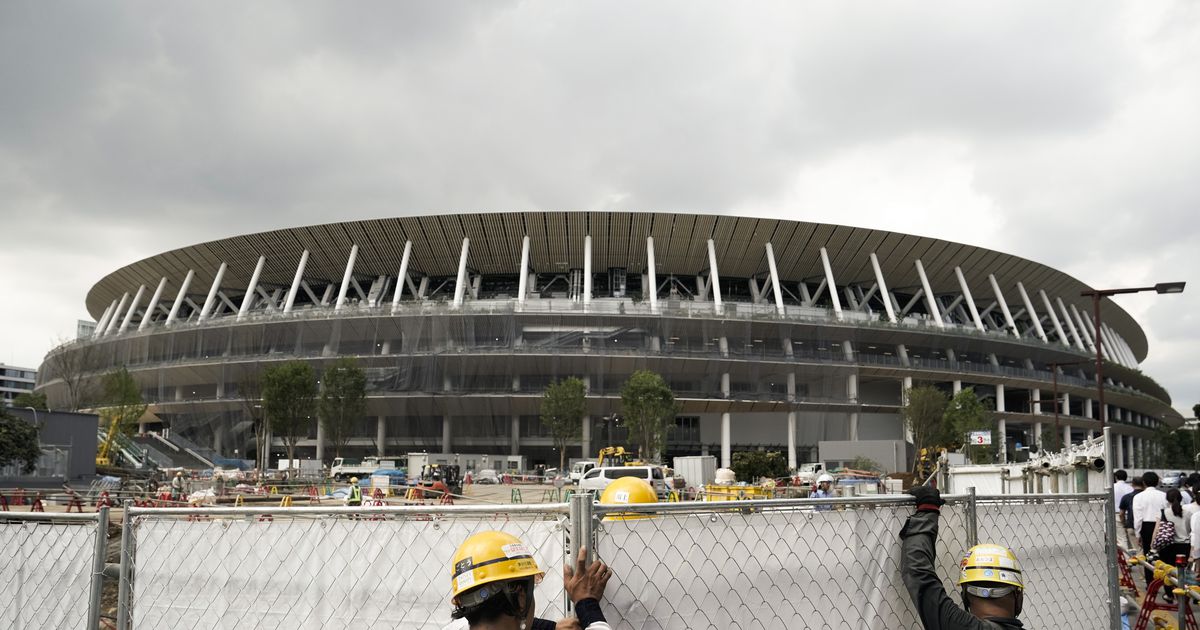
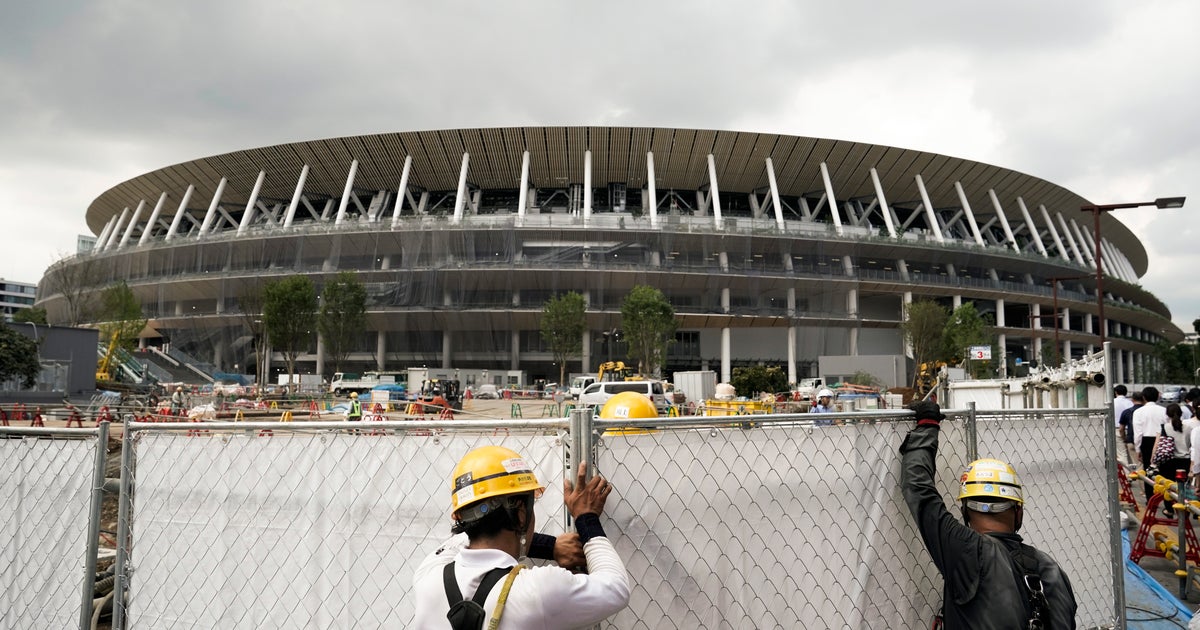
TOKYO (AP) — Tokyo Olympic organizers and two government bodies building venues for next year’s games have until the end of the month to agree to outside inspections on construction sites.
Ambet Yuson, the general secretary of the Building and Wood Workers’ International, made the request on Thursday to officials of the Tokyo organizing committee, the Tokyo Metropolitan Government and the Japan Sport Council.
He is also asking them to meet with aggrieved workers.
The international trade union has been critical for several years of labor practices at venues for next year’s Olympics. Issues include health and safety, the treatment of migrant workers, the use of subcontractors, and wages.
Yuson said BWI has documented four deaths linked to work on Olympic venues and is trying to verify a fifth.
“The question is: How many more deaths before they will accept our proposals,” Yuson said after the meeting.
The deaths of migrant workers has been widely reported at venues for soccer’s 2022 World Cup in Qatar. But the problem in Japan _ with a shrinking population and a need for foreign labor _ has been largely overlooked.
The Japan Sport Council — a national government body — is building the $1.25 billion national stadium, and the Olympic Village is being built by the Tokyo Metropolitan Government.
Yuson said about 20 officials of all three bodies attended the meeting at the organizing committee offices, along with a representative by video call from the Switzerland-based International Olympic Committee.
In a statement, the organizing committee said it concluded “there was no violation of any laws. If their (BWI’s) understanding of this issue differed from ours, we asked them to provide objective and reliable proof of the points alleged in their report.”
Yuson said he was prepared to elevate the request to the IOC. He showed The Associated Press transcribed interviews with workers, documenting their names and complaints.
“We have to approach the IOC because the IOC is also responsible for this. They are the chief organizer,” Yuson said.
Many sports governing bodies have signed up the UN Guiding Principles on Business and Human Rights , which spell out practices for businesses and government. They include soccer governing bodies FIFA and UEFA, the Commonwealth Games Federation, the International Paralympic Committee and Qatar’s 2022 World Cup.
The IOC has added the UN guidelines to host city contracts that come into effect with the 2024 Paris Olympics. That excludes Tokyo, and the 2022 Winter Olympics in Beijing, where independent labor unions are barred by China’s authoritarian government.
Yuson said the BWI _ which represents primarily construction workers and wood workers _ had arranged site inspections at Olympics and soccer World Cups, starting with the 2010 World Cup in South Africa.
“I think they (Tokyo officials) were surprised with our proposals,” Yuson said. “I think they were surprised with the gravity of the situation. … I think they are in denial that there is a problem.”
He said organizers and the government bodies argued that contractors or subcontractors were responsible for solving the labor issues.
He said he replied: “It’s your name. It’s your image that is on the line here.”
Christopher Cade Mosley, representing the Japan-based Human Rights Now, spoke to reporters alongside Yuson and said grievances procedures were unsatisfactory. He also pointed out the deep layers of subcontractors, which make it difficult to assess responsibility.
“There are labor rights problems, but the problem is the inability of workers to report and complain in a way that they feel safe and secure,” Cade Mosley said.
Yuson said BWI has interviewed more than 50 Japanese and migrant workers. He said he gained access through local unions in Japan and said some feared they might lose their jobs by talking.
Many of BWI’s complaints are outlined in a report issued earlier this year titled: “The Dark Side of the Tokyo 2020 Summer Olympics.”
Death by overwork, known as “karoshi,” is a problem in Japan, where long working hours are common. On Tuesday, the Japanese government issued its latest report of “Prevention of Karoshi.”
“BWI wants this Olympics to be an Olympics for all of Japan,” Yuson said. “Not only for business, not only for young people, not only for the citizens _ but it’s also an Olympics for the workers.”
A report released last year by the national government’s Board of Audit said Japan is likely to spend $25 billion overall to prepare for the games. This is public money, except for the $5.6 billion operating budget.
Tokyo projected total costs of about $7.5 billion in its winning bid for the games in 2013.




